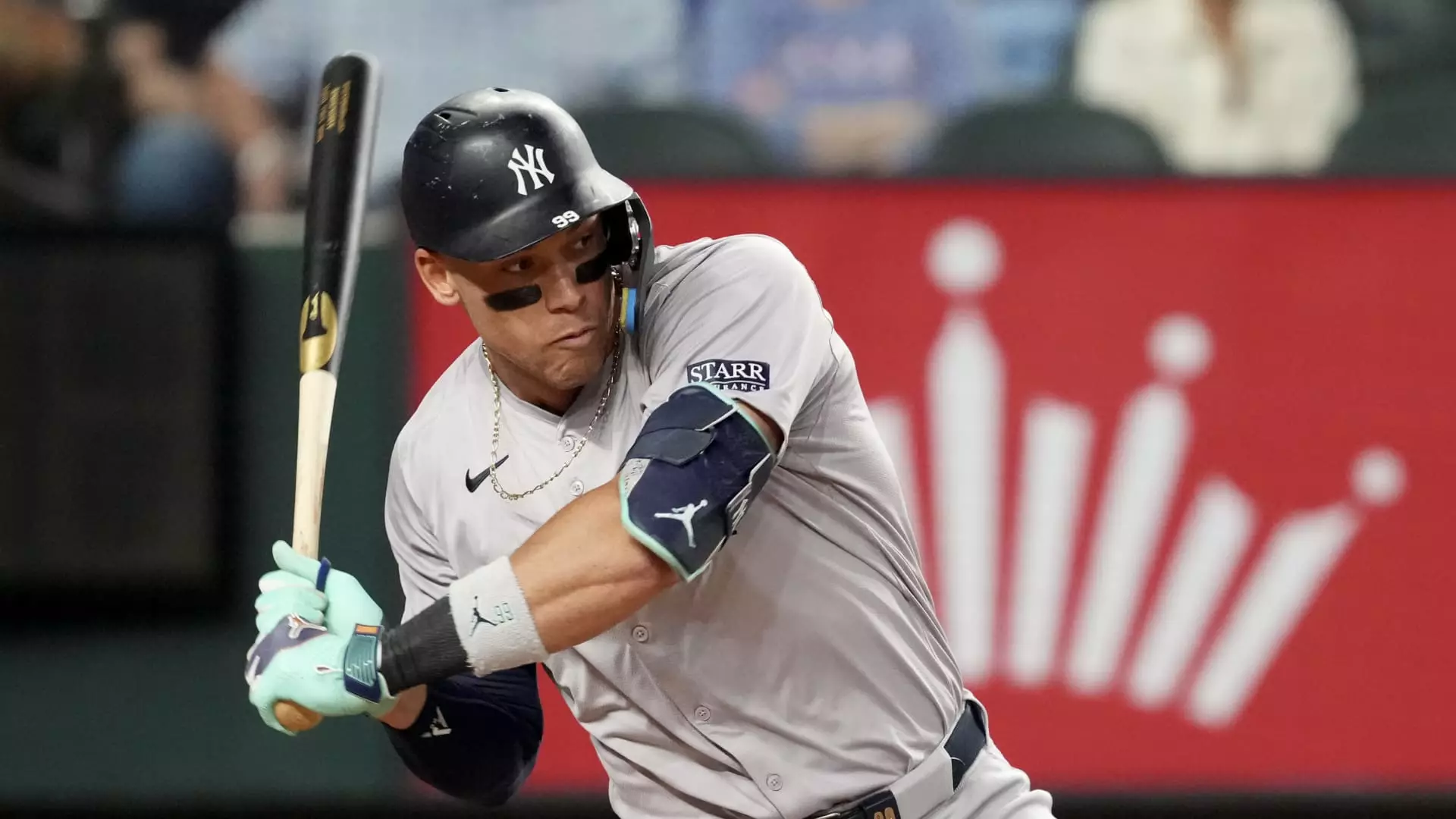Major League Baseball, under the guidance of Commissioner Rob Manfred, is undergoing a significant transformation in its approach to the game. The league has recognized the need for a more national strategy in order to expand its reach beyond just regional boundaries. With 2,430 games being played each season, Manfred believes that a shift towards a national audience is crucial for the growth and sustainability of the sport. This change in mentality represents a departure from the league’s traditional regional focus, including broadcasting rights.
One of the challenges that MLB has encountered in recent times is the impact of the bankruptcy restructuring of Diamond Sports, the largest owner of regional sports networks in the country. This has led some teams to sever ties with regional networks and turn to the league itself for game production and broadcasting. Additionally, there is a concern about the promotion of star starting pitchers within the league. Former MLB player CC Sabathia emphasized the importance of creating and marketing star pitchers to elevate the game’s overall appeal.
Adapting to Changes in Pitching Trends
Over the years, Major League Baseball has witnessed a shift in pitching trends, with pitchers throwing fewer innings compared to previous eras. As a result, the number of complete games and high-intensity matchups between top starting pitchers has decreased. In response to this trend, the league has implemented rule changes aimed at prolonging the presence of pitchers in games. Reports suggest that MLB is considering imposing a minimum inning requirement for starting pitchers to address this issue.
Recent rule changes introduced by Major League Baseball have significantly impacted the game and player performance. In 2023, the league implemented regulations limiting the number of pickoffs and introducing larger bases, which have contributed to an increase in stolen bases over the past two seasons. Moreover, adjustments to the defensive shift have created more opportunities for batted balls to result in hits and for players to showcase their athleticism in the field.
The MLB is aiming to diversify its audience by embracing the rich history of the sport and acknowledging the contributions of underrepresented communities. The league recently recognized statistics from the Negro Leagues, marking a significant step towards inclusivity and honoring the legacy of players who were previously marginalized. By engaging with underserved communities, MLB seeks to attract a broader demographic of both players and fans, ensuring a more inclusive and engaging future for the sport.
Major League Baseball is undergoing a period of evolution and adaptation as it navigates the changing landscape of sports entertainment. By embracing a national strategy, addressing pitching trends, implementing rule changes, and promoting diversity, the league is positioning itself for a dynamic and sustainable future.

